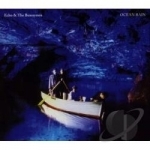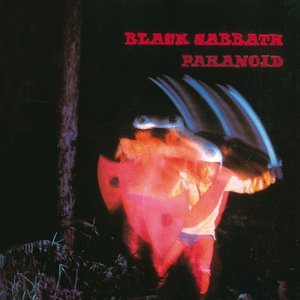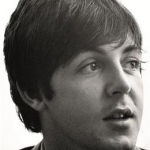
Paul McCartney: The Biography
Book
The first biography written with Paul McCartney's approval and with access to family members and...
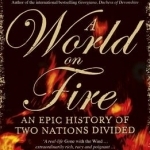
A World on Fire: An Epic History of Two Nations Divided
Book
'No two nations have ever existed on the face of the earth which could do each other so much good or...
Ian McCulloch recommended Ocean Rain by Echo & The Bunnymen in Music (curated)
Rob Halford recommended Paranoid by Black Sabbath in Music (curated)
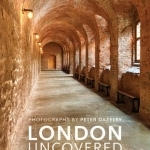
London Uncovered: Sixty Unusual Places to Explore
Book
London Uncovered opens the doors to sixty of the capital's most intriguing places, all visitable but...

All Football - Live Score&News
Sports and News
App
More than 20m downloads from over 150 countries! Top 10 in 98+ countries! ※ Main Features of All...

Esporte Interativo - Notícias e Resultados Ao vivo
Sports and News
App
Monte seu aplicativo, escolha seu time, seus esportes preferidos e os campeonatos que você quer...
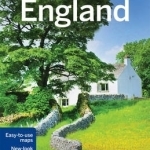
Lonely Planet England
Lonely Planet, Neil Wilson, Fionn Davenport and Oliver Berry
Book
Lonely Planet: The world's leading travel guide publisher Lonely Planet England is your passport to...

FlyMaps | 3D Maps + Wikipedia
Navigation and Travel
App
FlyMaps uses 3D maps to visit cities around the world. Including more than 200 cities and places....
